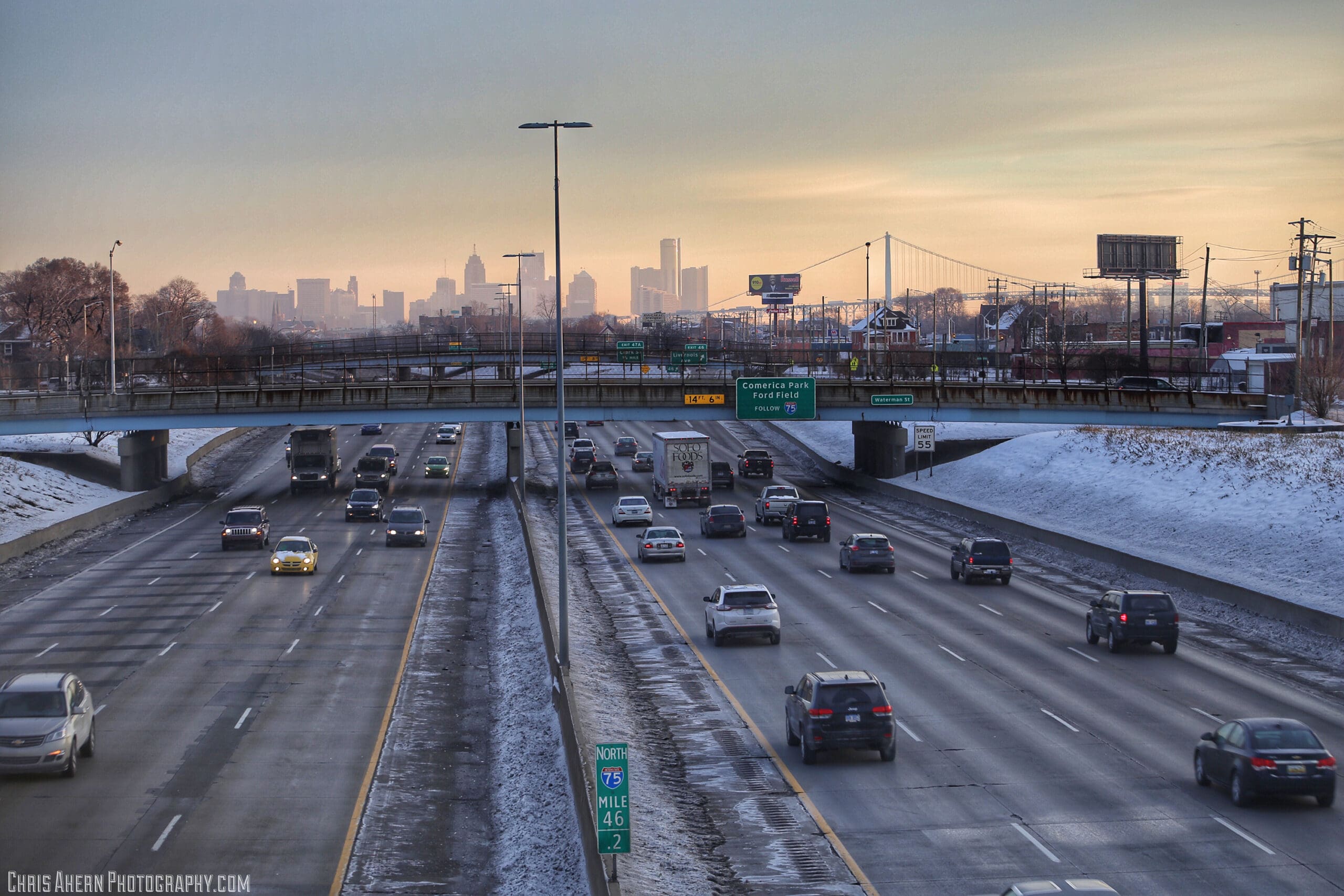By Chrystal Blair
Michigan News Connection
A Detroit nonprofit said it is helping people in the city reclaim control over the food they eat from where it is grown to where they buy it.
The Detroit Black Community Food Sovereignty Network is leading the mission for what they call “food sovereignty,” focusing on helping Detroiters access healthy, culturally meaningful food and taking control of its sustainable production while addressing food insecurity.
Shakara Tyler, board president of the network, said they operate a seven-acre farm in Detroit’s River Rouge Park.
“We grow food so it’s more accessible for community members, so they don’t have to rely on liquor stores and gas stations to access basic necessities to feed themselves and their families,” Tyler explained. “We also grow food to make a little bit of money.”
About one-third of households in Detroit report experiencing food insecurity, with 80% of its residents relying on “fringe food” sources like fast food chains, liquor stores and corner stores where items like fresh produce are not available.
Detroit’s urban farming scene has experienced significant growth, with more than 2,000 gardens and farms operating throughout the city. Tyler explained starting the farms is not just about offering healthy food, it is also about giving people a sense of ownership and empowerment, which she noted requires a thoughtful approach.
“You adapt that by starting where people are,” Tyler emphasized. “Asking questions about their values and their experiences and then building from there, and not assuming that what works in one area will work in another area because this work is very place-based.”
Michigan is not the only state where this mission has caught on. As of this year, there are close to 30,000 community garden plots in city parks across the United States, marking a 22% increase from 2021.
This story is based on original reporting by Dalya Massachi for Everyday Climate Champions.



